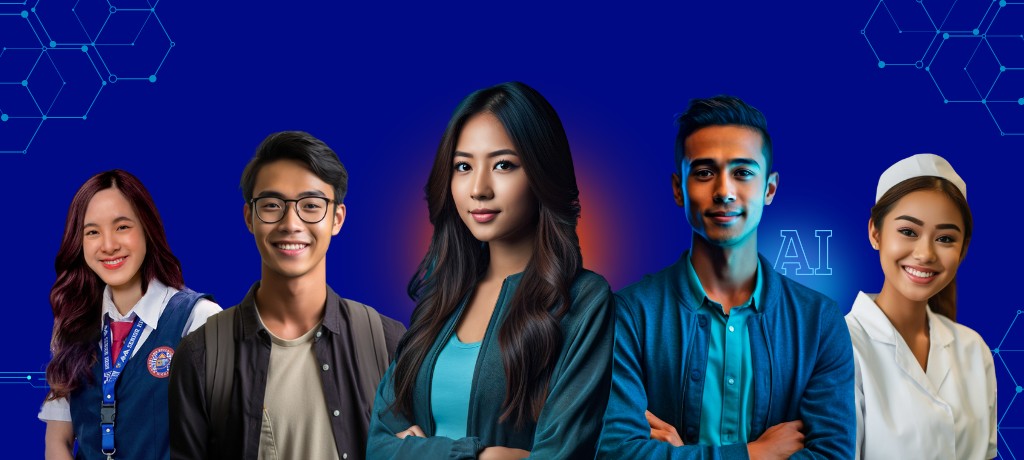- AI Specialist: An expert in implementing and maintaining AI systems and understanding their application in various business domains.
- Machine Learning Engineer: A professional who works on programming and deploying machine learning solutions.
- Data Scientist: A role that involves analyzing and interpreting complex digital data to assist decision-making processes.
- Natural Language Processing Scientist: A specialist in enabling machines to understand human language.
- Computer Vision Engineer: A professional who works on enabling machines to interpret and understand the visual world.
- Robotics Engineer: An engineer who designs and implements software for robots.
- Research Scientist: A professional who conducts extensive research to improve and develop new AI technologies.
- AI Ethics Officer: A role that focuses on studying the ethical implications of AI and ensuring that AI technologies are used responsibly.
- Prompt Engineer: A specialist in designing and optimizing prompts for generative AI models.
These roles may vary depending on the industry and specific company needs. It’s always a good idea to research specific job postings to get a better understanding of the skills and experience required for each role.











